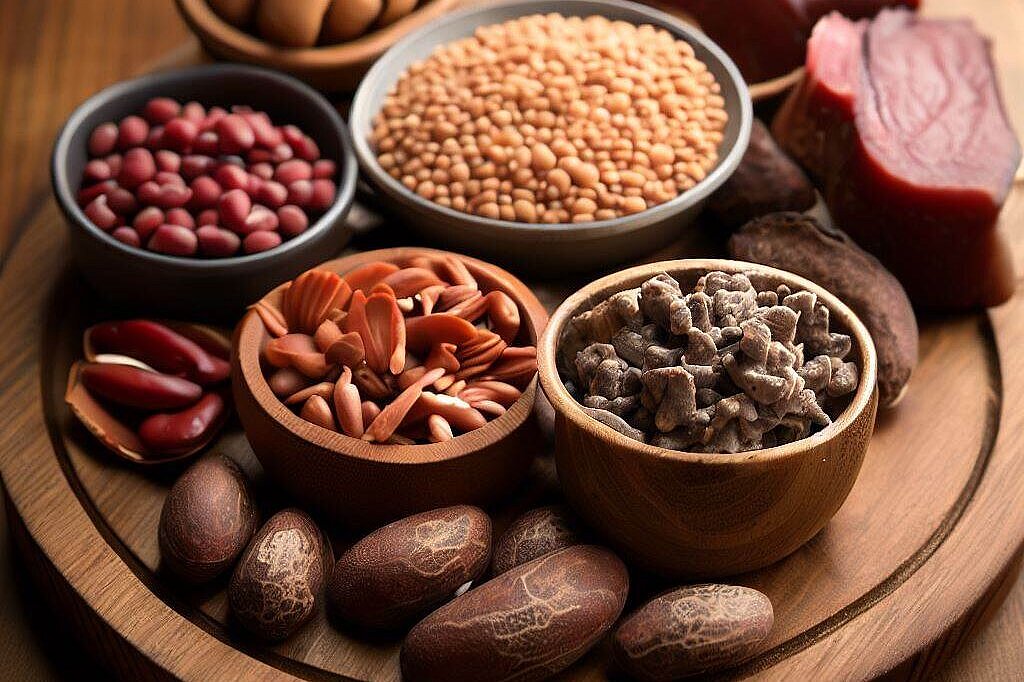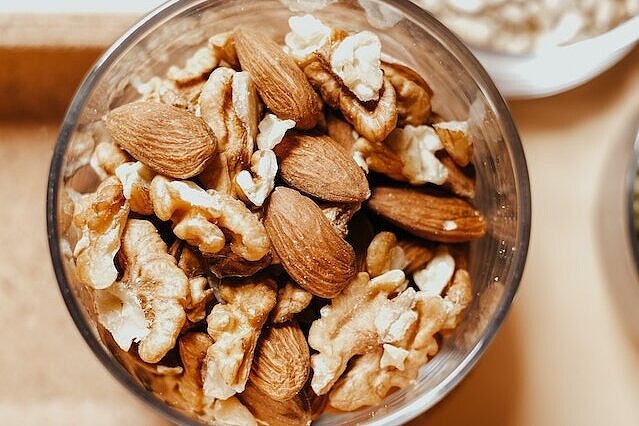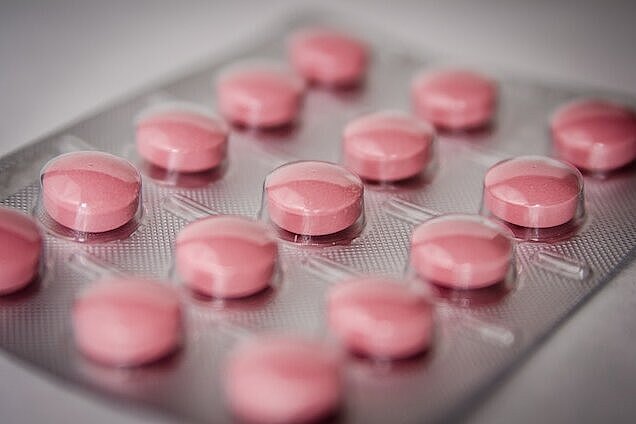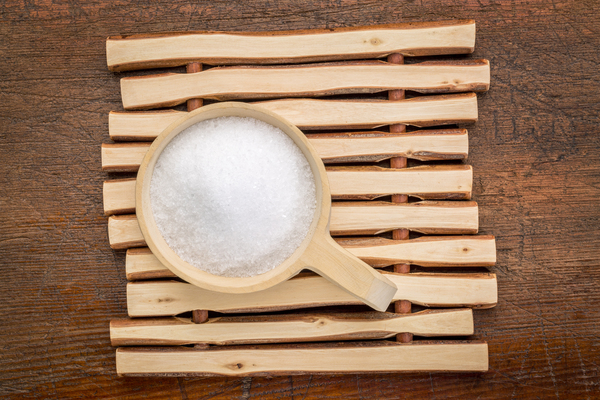Manganese
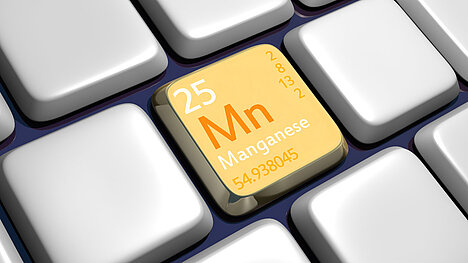
How much manganese does your dog need?
The optimal amount of manganese for your dog depends on various factors, such as his age, size, activity level and diet. A general recommendation is that an adult dog needs about 0.1 mg of manganese per kilogram of body weight per day. Puppies, pregnant and lactating bitches have a higher requirement.
Where does your dog get manganese from?
Manganese is found in many natural foods that you can feed your dog. These include, for example:
- Meat and offal (especially liver and kidneys)
- Fish and seafood
- eggs
- Nuts and seeds
- Legumes
- Wholemeal products
- Vegetables (especially green leafy vegetables)
- Fruit (especially berries)
If you feed your dog a ready-made food, make sure that it is balanced and contains enough manganese. You can also use a high-quality dietary supplement to cover your dog's manganese requirements. However, make sure that you do not exceed the recommended dosage.
What are the benefits of manganese for your dog?
Manganese has many positive effects on your dog's health. Some of them are:
- It promotes bone and joint development, which is especially important for puppies and older dogs.
- It protects against free radicals that can cause cell damage.
- It regulates blood sugar levels and prevents diabetes.
- It supports the function of the nervous system and improves learning ability and memory.
- It strengthens the immune system and helps defend against infections.
What are the disadvantages of manganese for your dog?
Although manganese is an essential trace element, too much of it can also be harmful. An overdose of manganese can lead to the following symptoms:
- Vomiting and diarrhea
- Loss of appetite and weight loss
- Muscle weakness and tremors
- Coordination disorders and balance problems
- Behavioral changes and aggressiveness
Chronic manganese intake can also lead to an accumulation of manganese in the brain, which can lead to neurological damage such as Parkinson's-like symptoms.
How can you avoid manganese ingestion?
To avoid manganese ingestion in your dog, you should follow these tips:
- Feed your dog a balanced diet of natural foods or a high-quality prepared food.
- Avoid giving your dog foods that contain high amounts of manganese, such as chocolate or tea.
- Only give your dog a manganese supplement if recommended by your vet.
- Have your dog examined regularly and check his blood levels.
Manganese is an important trace element for your dog and has many health benefits. However, you should make sure that your dog gets neither too little nor too much of it. A balanced diet with natural foods or a high-quality ready-made food is the best way to cover your dog's manganese requirements.
If you notice any signs of hypersensitivity or poisoning in your dog, you should see your vet immediately. We are not a substitute for a vet, but we try to be as accurate as possible. Every dog reacts differently and we recommend you get a second opinion or consult your vet if in doubt.
Stay healthy and take good care of your four-legged friend!😊
Similar to Manganese
Iron is a chemical element that occurs naturally. It is an important component of hemoglobin, the red blood pigment. Hemoglobin binds oxygen in the lungs and transports it to cells throughout the...
Your dog's copper requirement depends on various factors, such as its age, size, coat type and health. Generally speaking, dogs need about three times the amount of copper that humans need in...
The optimum amount of zinc for your dog depends on various factors, such as his age, size, state of health and diet. The German Nutrition Society (DGE) recommends a daily zinc intake of 2 to 5...
The optimum magnesium intake for dogs depends on various factors, such as your dog's age, weight, activity level and state of health. It is therefore difficult to give a general recommendation....
